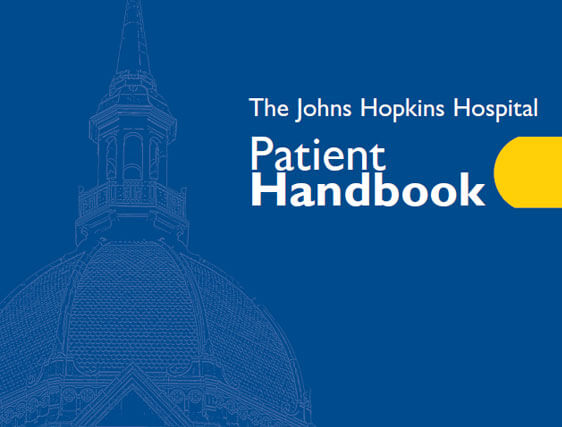Patient Rights To Medical Records
As Ruth Purtilo notes, the actual physical abandonment of patients by health care professionals is no longer as prevalent as it had once been. However, she adds that, "psychological abandonment often replaces what used to be experienced as the more obvious bodily abandonment of the patient." (Purtilo, 1993, p. 156) Psychological abandonment still involves treating a patient, but in a such a manner, "that the patient becomes a total non-person to the health professional." One of the dangers here is that physical abandonment is rather obvious and can be empirically validated. Psychological abandonment is far more subtle, and may even occur without the practitioner's conscious knowledge, for example, as a type of defense mechanism in a difficult case. Nonetheless, even this form of abandonment must be guarded against. But how? Purtilo offers a simple, but thought-provoking suggestion. She explains that the, "opposite of abandonment is to stay with or abide with the patient." Learning to abide with those in need, those who are difficult, those whose actions appear immoral to us, those whom we fear because of their specific health problems, will certainly not be easy. However, as Purtilo notes, health care professionals, "can overcome their tendency to flee (physically or psychologically) only when the attitude of compassion is combined with an understanding of how much harm is induced by abandonment." (Purtilo, 1993, p. 157)
Learning to abide with the recipients of occupational therapy may be one of the most important ways to safeguard against patient abandonment.







No comments:
Post a Comment